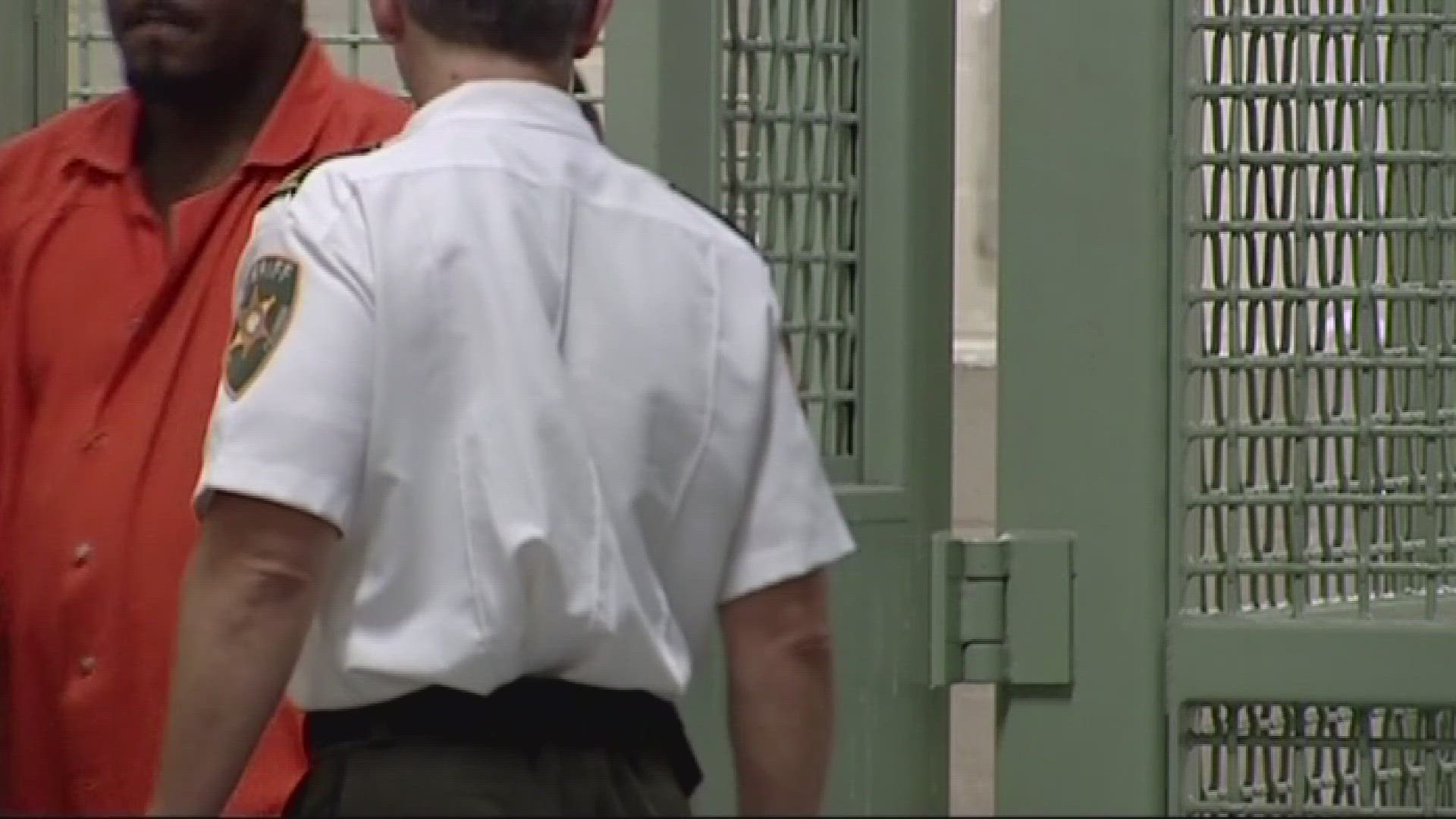NEW ORLEANS — Charles Sneed, 67, has spent most of his life in prison. He spent 44 years behind bars.
“Being removed from society for such a long, long period time, there were many challenges I was faced with on a day-to-day basis,” said Sneed.
Sneed went to prison at age 17 without the possibility of parole for a second-degree murder conviction. Court rulings eventually helped him get before the parole board in 2018. When granted parole, he made himself a promise.
“I was going to come home and do the right thing,” said Sneed.
Thanks to a second chance, Sneed connected with The First 72+, a re-entry program for formerly incarcerated men in New Orleans. He says he is repentant for the crime and has turned to faith in moving forward.
“You still have to remain focused and continue to put forth the effort,” said Sneed.
Sneed got a job and housing. He’s even a re-entry coach for the organization, helping other men on the same journey as him.
“If this wasn’t here for him, no telling where his life would be at right now,” said The First 72+ co-founder Tyrone Smith.
Smith co-founded the organization more than a decade ago. Smith was convicted of second-degree murder. It’s a crime he says he didn’t do but he’s grateful for parole.
“I’ve been out 30 years because of a second chance and guys that have gotten out, they’re not doing none of the stuff that they used to do,” said Smith.
Those second chances are now part of the debate as state lawmakers tackle the issue of crime.
“It is both the swiftness of punishment and the certainty of that punishment that is the most effective deterrent,” said Representative Debbie Villio, a Republican from Kenner.
Rep. Villio authored and presented legislation that could reshape parole in Louisiana. Bills would eliminate parole altogether with a few exceptions, do away with discretionary parole and good credits, and require at least 85 percent of a sentence to be served.
“For those of you who believe that we’re just trying to give longer sentences and ramp up the prison population, that is simply not the case,” said Rep. Villio during a committee meeting Wednesday.
To men like Sneed and Smith, it’s more than just removing parole.
“That’s going to take all hope away from those guys. With parole eligibility, that keeps them in check while they’re in there, so they go to school and get a GED, they take up a trade,” said Smith.
That hope, to Sneed, is what kept him going and still does.
“I live a simple life. I try to take and do what’s right,” said Sneed.
Several pieces of legislation centered on parole passed through the committee and now head to the full house for debate.
► Get breaking news from your neighborhood delivered directly to you by downloading the new FREE WWL-TV News app now in the IOS App Store or Google Play.

